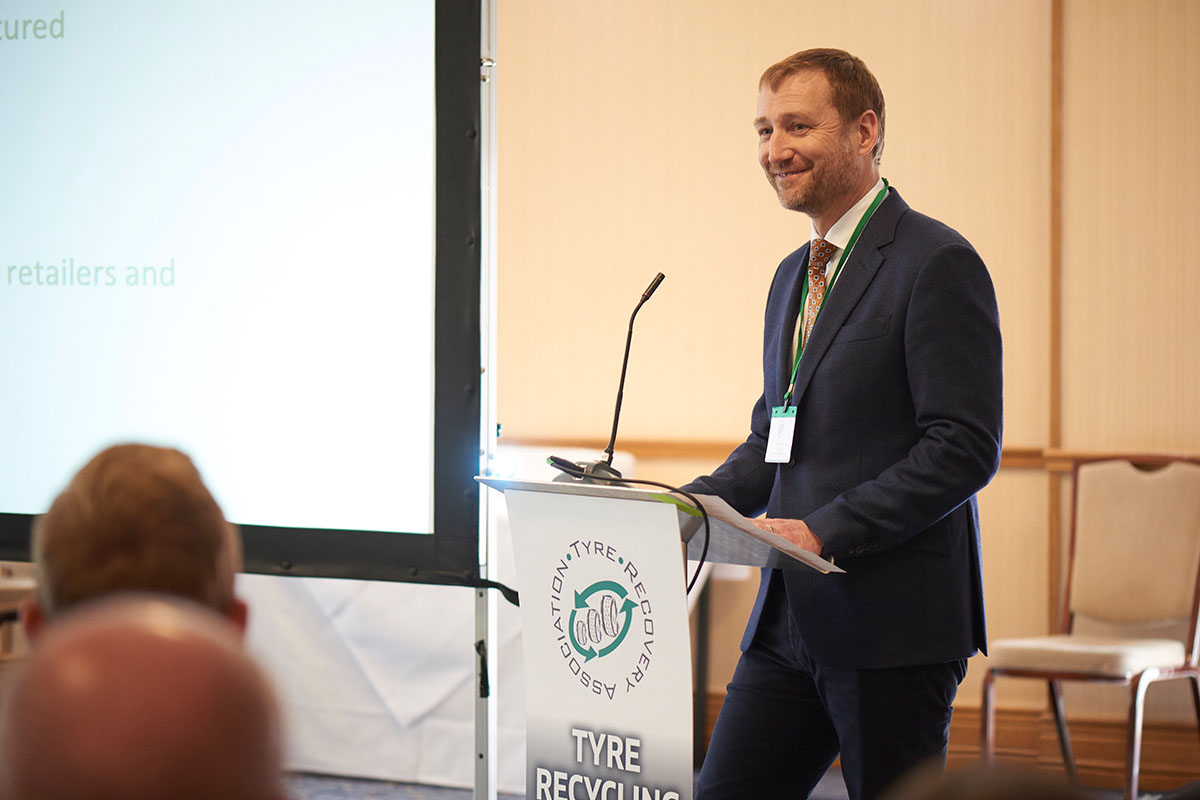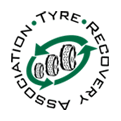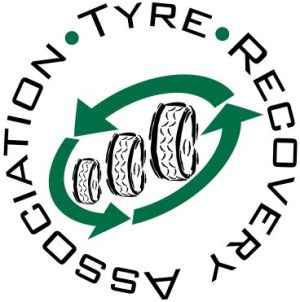TRA announces agenda for Annual Conference Day, 2024 UK Tyre Recovery Association celebrates 25 years…

TRA outlines its position on EPR and launches two landmark initiatives at Tyre Recycling Forum Day
A record number of delegates at the Tyre Recovery Association’s annual Recycling Forum Day welcomed two new landmark industry initiatives and were briefed on the advantages of the existing tyre recovery programme compared with Extended Producer Responsibility equivalents. The Forum took place at the Ardencote Manor Hotel on Tuesday 18th June.
In his welcoming address, Tim Stott, President, TRA, summarised the TRA’s position on EPR: “Simply hoovering up our waste tyres without them properly fully valorising them is just not enough and like many other countries we too want to face up to that challenge but to do so effectively we must engage with the market, investors and with entrepreneurs. The ‘command and control’ approach sometimes termed ‘eco-fee’ is severely constraining when it comes to the promotion of genuine market development, and it comes at a cost. EPR is no quick fix, just a start.
“No, we need something better than that.”
Instead, said Stott, “For industries like recycling to take root and grow they need a conducive commercial environment in which to do so. The message to government is we in industry cannot achieve that without their help.”
The key areas where support from government was needed were outlined as:
- A level playing field where everyone has the same compliance obligations
- Our current Exemptions regime must end
- Effective and targeted compliance
- An investment-friendly environment for those investing in recycling which fully acknowledges the Proximity Principle
On behalf of the tyre recovery sector, Stott announced further innovation from the TRA, including a tyre industry specific Fire Prevention Plan, which has taken nearly four years to achieve. Having worked alongside the Environment Agency, the result is an invaluable waste stream specific standard for the safe storage of end of life tyres (ELTs) and tyre-derived rubber materials (TDRMs). This was required owing to the unique requirements of and circumstances of tyre recovery businesses.
Results of a successful trial of the use of Radio-Frequency Identification (RFID) to improve traceability of tyres were also presented. Small tags are permanently fixed to tyres at the point of collection, making their further distribution easily traced. This not only offers benefits for businesses but also reduce the blight of rogue activity.
Tyre retailers were identified as having a key role to play in this with 70% of ELTs passing through their organisations. Stefan Hay, Chief Executive, National Tyre Distributors Association (NTDA), outlined the association’s support of the TRA’s Responsible Retailing Scheme.
Over 90 delegates attended including representatives of the Environment Agency and Scottish Environment Agency.

